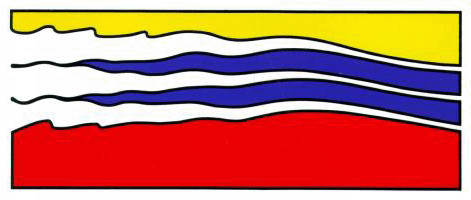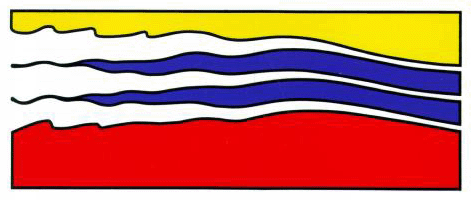
4111 Monarch Way, 3rd Floor
Old Dominion University
Norfolk, VA 23508
757-683-4940


Complimenting modern records of tropical cyclone activity with
longer historical and paleoclimatological records would increase our
understanding of natural tropical cyclone variability on decadal to
centennial timescales. Tropical cyclones produce large amounts of
precipitation with significantly lower δ18O values than
normal precipitation, and hence may be geochemically identifiable as
negative δ18O anomalies in marine carbonate
δ18O records. This study investigates the usefulness
of coral skeletal δ18O as a means of reconstructing
past tropical cyclonic events. Isotopic modeling of rainfall mixing
with seawater shows that detecting an isotopic signal from a tropical
cyclone in a coral requires a salinity of ∼33 psu at the time of
coral growth, but this threshold is dependent on the isotopic
composition of both fresh and saline end-members. A comparison between
coral δ18O and historical records of tropical cyclone
activity, river discharge, and precipitation from multiple sites in
Puerto Rico shows that tropical cyclones are not distinguishable in the
coral record from normal rainfall using this approach at these sites.
This study highlights the importance of understanding the coastal zone
tropical cyclone isotopic signal and the importance of choosing a
climate proxy organism that will continue to calcify in the face of
tropical cyclone related disturbances.
Hali Kilbourne earned a Bachelor's degree in Geology from Smith College and a Master's and Ph.D. in Marine Science from the University of South Florida. After spending time at NOAA-ESRL as a National Research Council postdoctoral fellow and as a visiting Assistant Professor at McDaniel College, she is currently a Research Assistant Professor at the University of Maryland Chesapeake Biological Laboratory. Her broad research area covers understanding past climate variability in order to improve projections of future responses to anthropogenic climate change. She has most recently been focused on the history of multidecadal-scale climate variability in the Atlantic and on synthesizing paleoclimate records of the last two millenia with a data assimilation approach.

|
Innovation Research Park Building I 4111 Monarch Way, 3rd Floor Old Dominion University Norfolk, VA 23508 757-683-4940 |

|